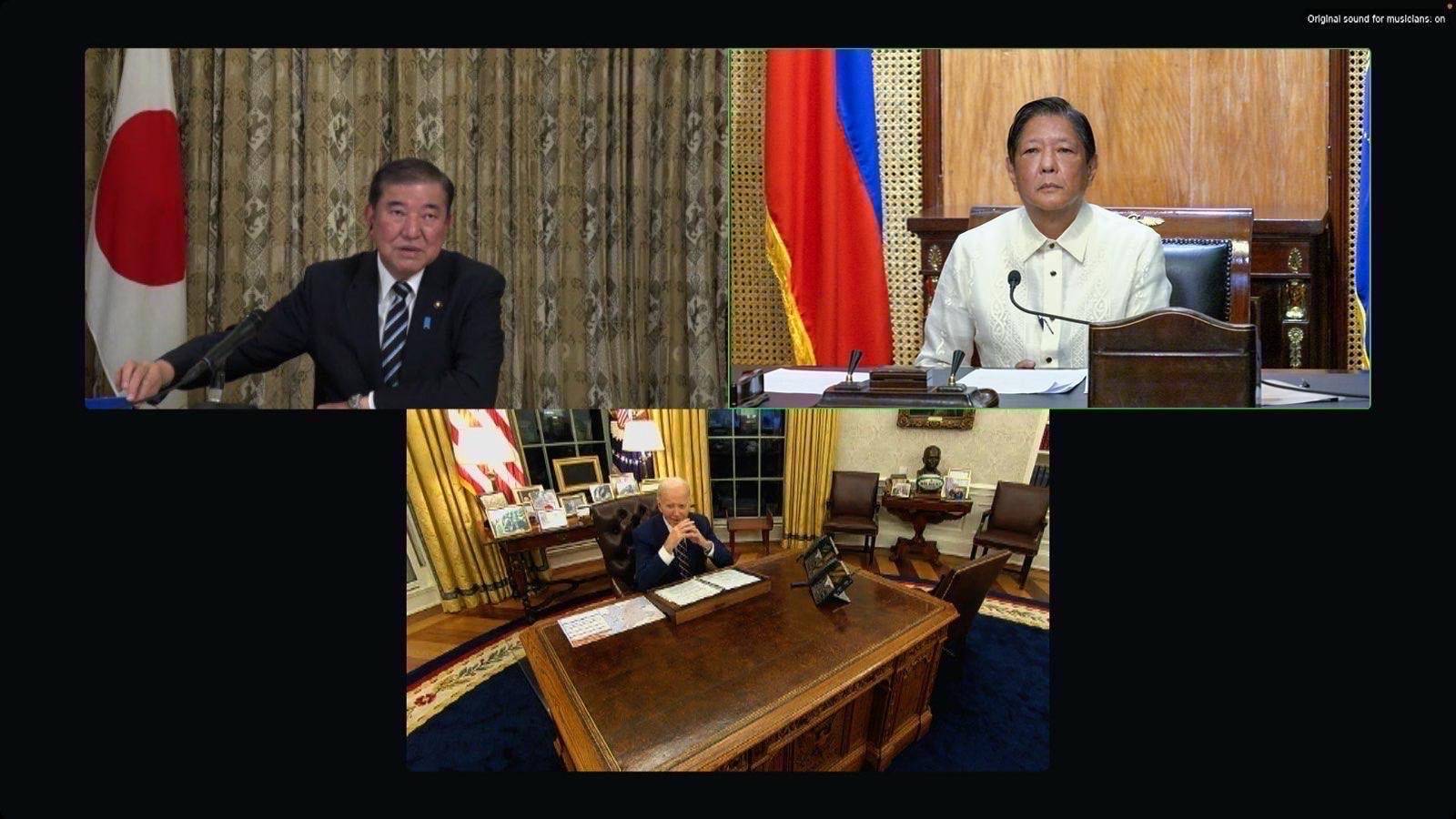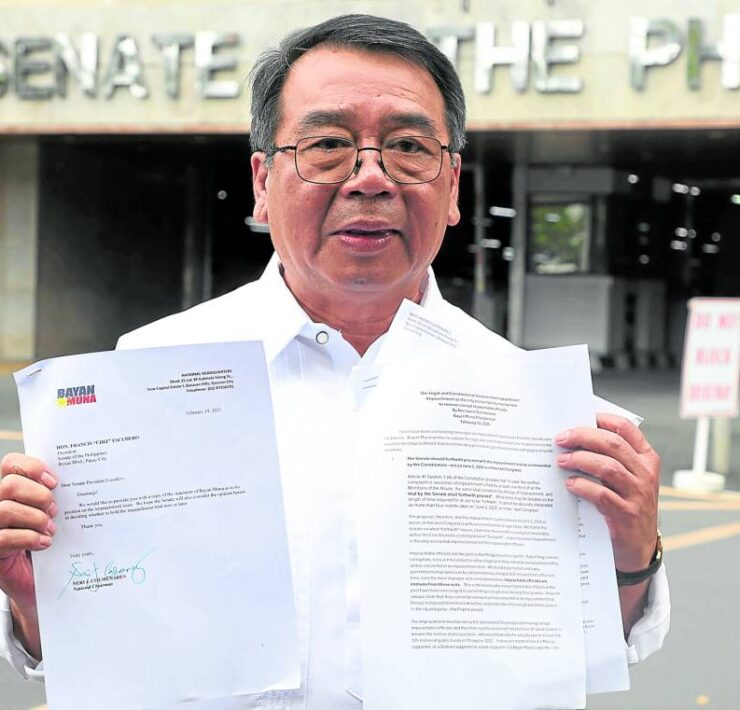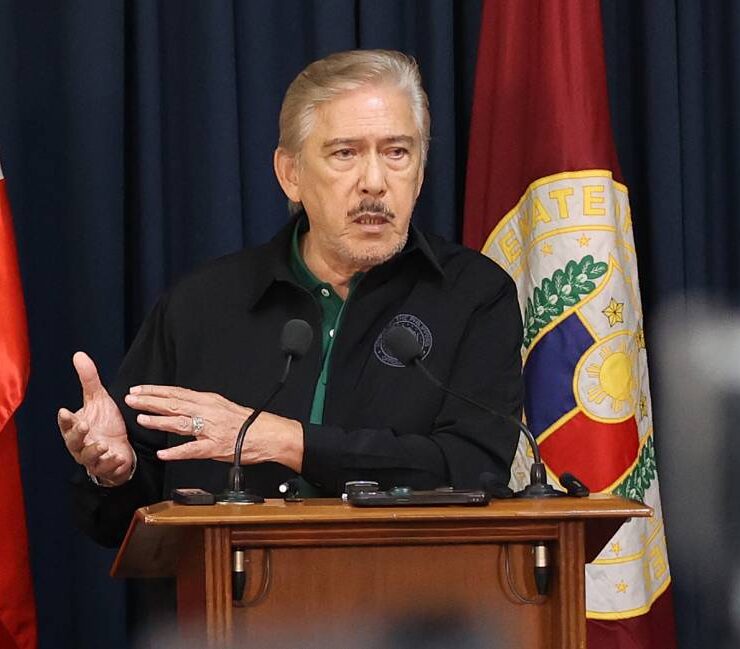PH, Japan, US confident of growing trilateral ties

President Marcos, US President Joe Biden and Japanese Prime Minister Shigeru Ishiba vowed on Monday during a video call to further deepen cooperation under a trilateral arrangement in the face of rising tensions in Asia’s waters.
Biden, who is stepping down later this month, also praised Mr. Marcos for taking diplomatic actions against China’s “aggressive and coercive activities” in the West Philippine Sea.
The US president said he was confident that his successor, Donald Trump, would “see the value of continuing this partnership and that it is framed the right way.”
“Simply put, our countries have an interest in continuing this partnership and institutionalizing our cooperation across our governments so that it is built to last,” Biden told both leaders.
Mr. Marcos who was with Foreign Secretary Enrique Manalo and other senior government officials in Malacañang during the 25-minute call, expressed confidence that “our three countries will continue to work together closely to sustain the gains that we have made in enhancing and deepening our ties.”
The trilateral phone call was originally scheduled on Sunday, but Washington asked to move it a day later as US authorities grappled with containing the wildfires in California.
According to Biden, the United Staes, Philippines and Japan were able to make a lot of progress since the holding of the trilateral summit in Washington in April 2024.
In that meeting, the three countries pledged to work together in maintaining peace and security in Indo-Pacific region, one of the world’s busiest maritime zones.
Stronger cooperation
For his part, Ishiba underscored the importance of enhancing their trilateral relations as he shared Biden’s observation of improved cooperation among the allied countries.
“Going forward, it is important to deepen trilateral cooperation in a variety of fields,” Ishiba said.
The Philippines last year ratified a military agreement with Japan that would ease the entry of soldiers into each other’s country for joint military exercises. The coast guards of the three countries also staged joint exercises in 2023.
A 2016 ruling of an international arbitral tribunal voided Beijing’s sweeping claims to nearly the entire South China Sea, saying these had no basis under international law, a decision China rejects.
Tensions between China and the Philippines have escalated in the past two years over run-ins between their coast guards, with the latest incident prompting Manila to file yet another diplomatic protest against Beijing on Monday.
In a statement, the National Maritime Council (NMC) announced the filing of the diplomatic protest as it criticized China’s “continued illegal presence and activities” within the country’s territorial sea and exclusive economic zone (EEZ).
It also condemned the “provocative actions” of Chinese vessels and a People’s Liberation Army Navy helicopter that harassed a Philippine Coast Guard ship last week near Panatag (Scarborough) Shoal, also called Bajo de Masinloc.
“The escalatory actions of these Chinese vessels and aircraft clearly disregard Philippine and international laws,” the NMC said.
China’s biggest coast guard vessel, known as “The Monster,” returned to the West Philippine Sea during the weekend, after it was earlier replaced by a smaller coast guard ship to sustain Beijing’s presence in the country’s EEZ.
“China should direct its vessels to desist from conducting illegal actions that violate the Philippines’ sovereign rights in its EEZ,” the NMC said. —WITH REPORTS FROM FRANCES MANGOSING AND REUTERS





















